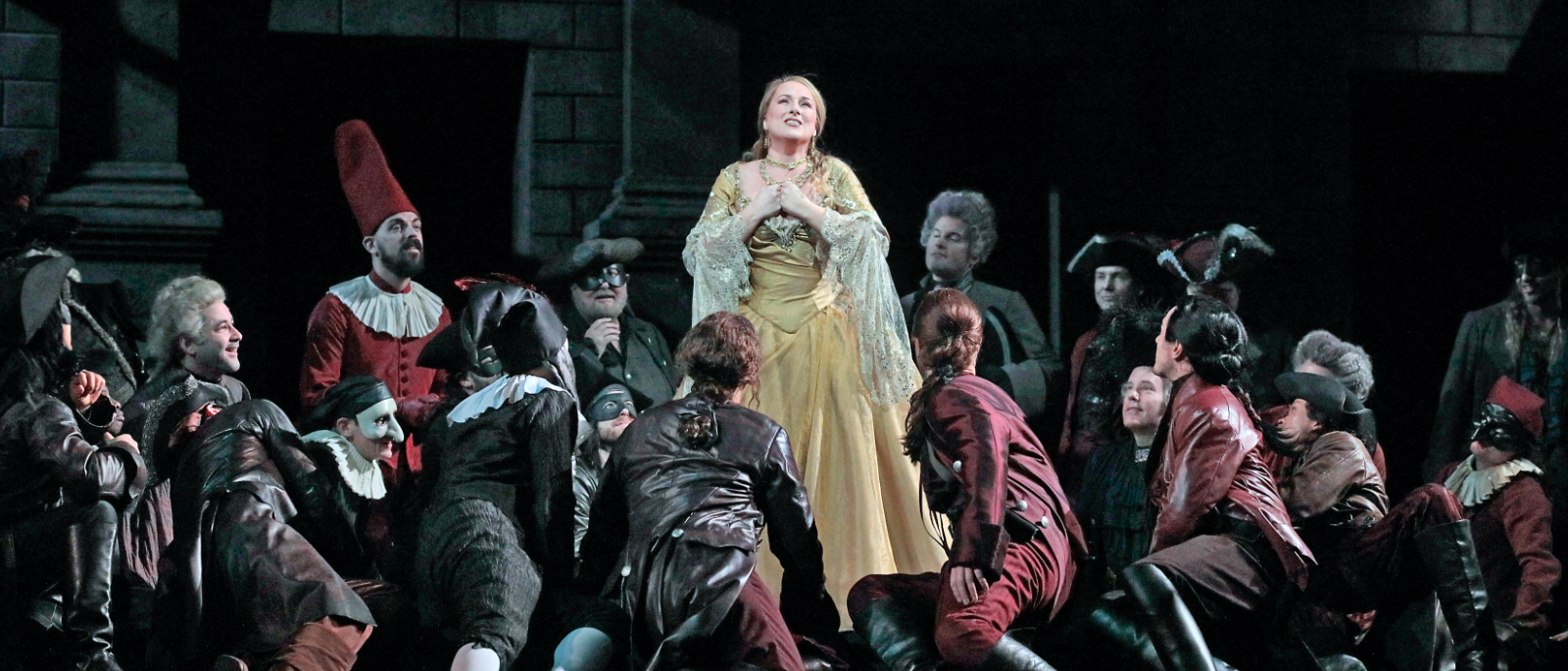
Philosophical Chairs
Philosophical Chairs is an activity designed to foster critical thinking, active inquiry, and respectful dialogue among students. To play a game of Philosophical Chairs, participants agree or disagree with a series of statements, but the game doesn’t end there. The most crucial element of the game is what happens next: Participants discuss their points of view and can switch sides if their opinions change during the discussion. (For more tips on using Philosophical Chairs in a classroom or via a remote-learning platform, see the activity description in your Google Classroom.)
Each topic statement is deliberately open-ended yet ties into a number of the themes present in Roméo et Juliette—including social and emotional growing pains, an individual’s power over their own destiny, and the potential conflict between familial loyalty and passionate young love. As you and your students explore and learn about Roméo et Juliette, you can return to these statements: What do they have to do with the opera’s story? How might these questions help us explore the opera’s story, history, and themes?
The Statements
-
You should obey your family’s wishes.
-
My life is controlled by destiny.
-
People can fall in love at first sight.
-
Dreams are a manifestation of your subconscious speaking to you.
-
Your appearance tells the world who you are.
-
Everyone has only one true love.
-
Marriage will ensure families are brought together.
-
Strife will never tear a family apart.
-
Secrets should not be kept from family members.
-
Violence may be justified.
-
Nothing is unforgivable.
-
Love drives out fear.
-
Nothing can separate people who are in love.
Keep in mind that the process of this activity is just as important as the statements themselves. Imagine a world in which everyone actively listens to one another and engages in respectful dialogue, honoring others and showing respect for the wide array of diverse ideas and opinions that others hold. Philosophical Chairs fosters exactly this kind of space, encouraging students to take what they’ve learned and change the global landscape for generations to come.